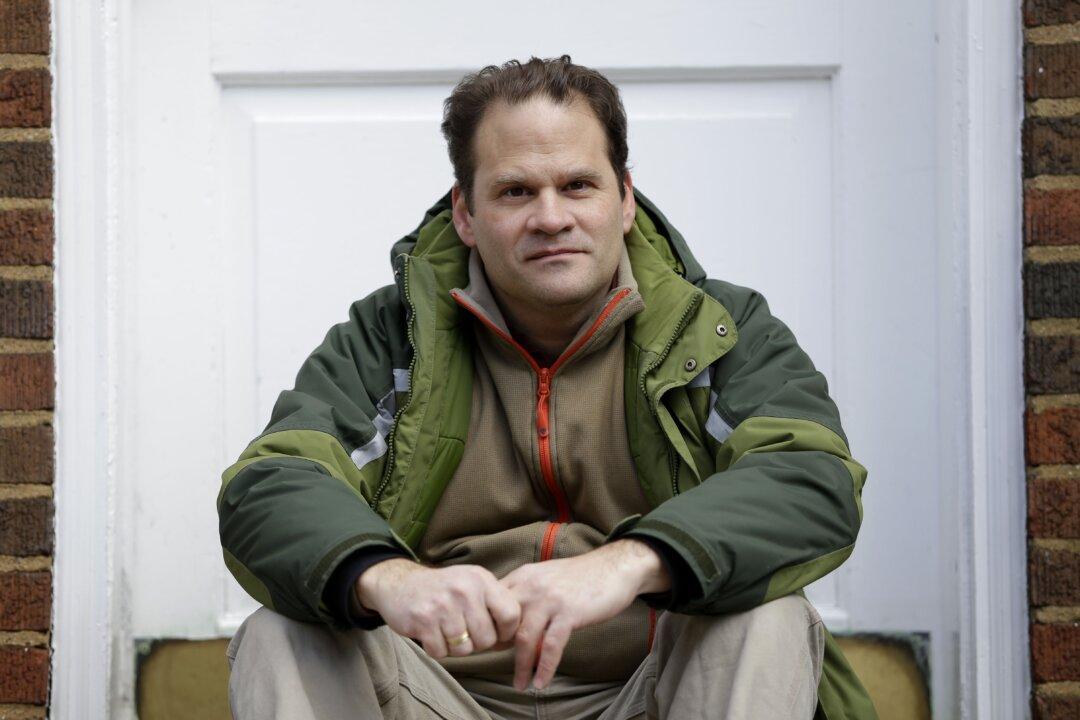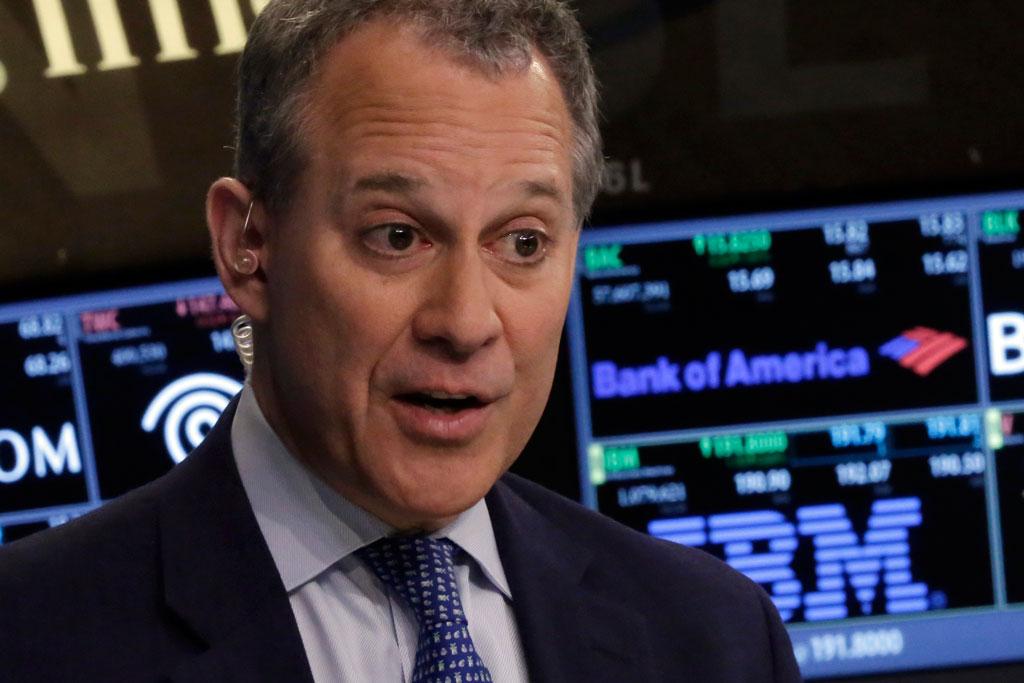ALBANY, N.Y.—Cynthia Chaffee’s Manhattan apartment would likely go for more than $5,000 a month if the landlord charged market price. But Chaffee pays thousands less thanks to the city’s long-standing rent stabilization rules—regulations that will expire this year if lawmakers don’t act.
The 63-year-old paid $300 a month when she moved into the one-bedroom space in 1978. To Chaffee, the rules governing how much she and more than 2 million other New York City residents pay in rent protect the city’s diversity and character.
“The city is changing enough as it is, and these laws are so important to so many people,” said Chaffee, who won’t specify how much she pays now. “If you want to have neighborhoods, if you want to have families and artists and elderly living in New York City, we need these laws. Can you imagine what New York City would be like without them?”
If Lawmakers Don’t Act, Rents Could Rise in NYC
Cynthia Chaffee’s Manhattan apartment would likely go for more than $5,000 a month if the landlord charged market price. But Chaffee pays thousands less thanks to the city’s long-standing rent stabilization rules—regulations that will expire this year if lawmakers don’t act.

Chris Athineos poses for a picture in front of a building owned by his family in the Brooklyn borough of New York on Dec. 31, 2014. A looming debate in Albany could determine just how much the rent could go up for more than 2 million residents in New York City. AP Photo/Seth Wenig
|Updated:
Rent in New York has been a sensitive topic for more than a century.



